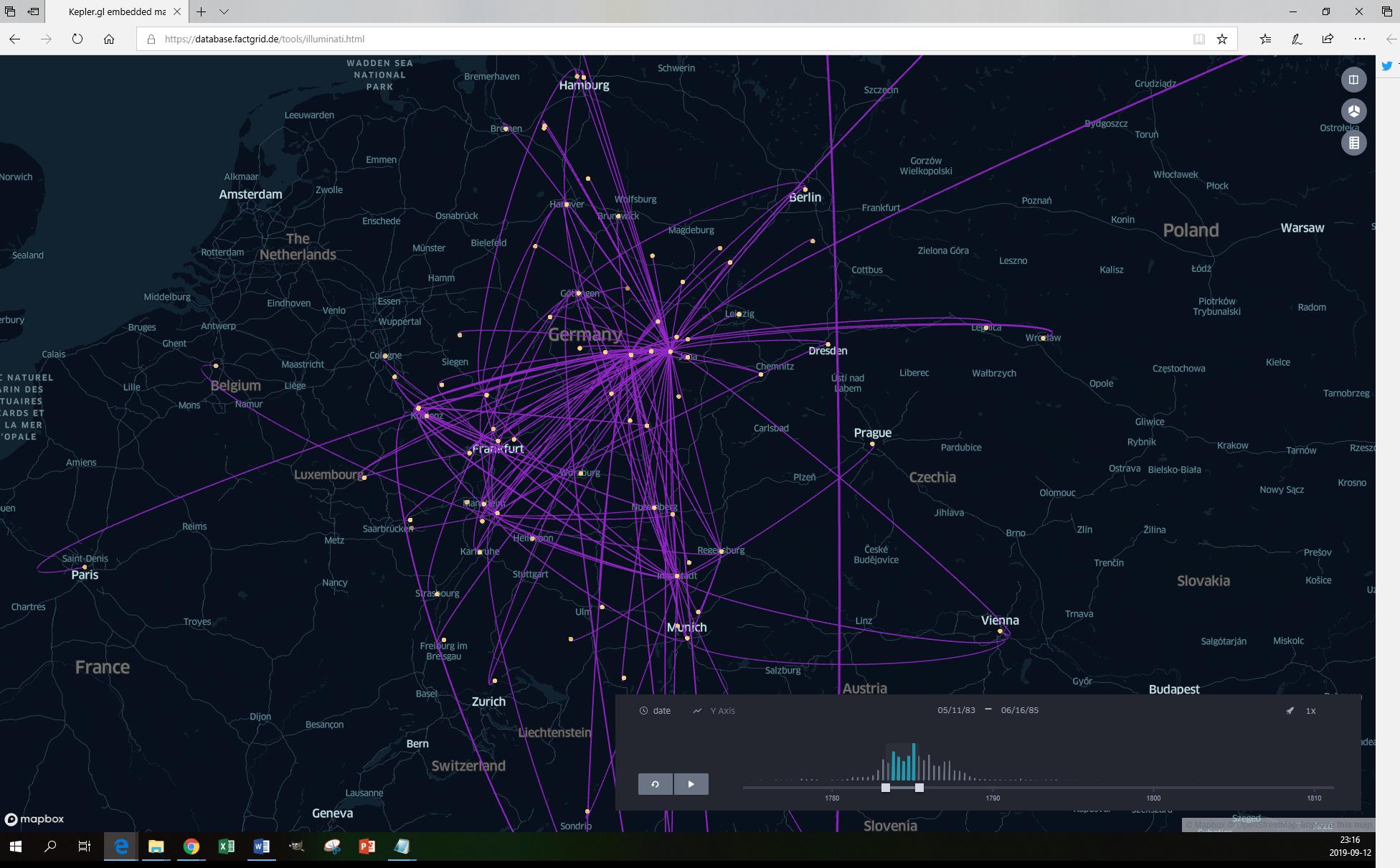- At the 2019 Wikimania conference, Europeana – a Europe-wide digital cultural platform – held several associated events, including the inaugural meeting of national libraries which work directly with Wikidata and its underlying software Wikibase. The event was organized by Liam Wyatt in his professional role as Europeana’s Wikipedia liaison. This article was also written in that role and originally published at the Europeana blog.
- In his other role as a Wikipedia volunteer he is usually called Wittylama. He is one of the founders of Project GLAM and the original Wikipedian-in-Residence – as a volunteer. Also in this role he was program chairman of Wikimania 2019 –S
At the forefront of innovation
As Wikidata becomes an increasingly large, densely connected, web of linked data, the cultural heritage sector is leveraging the platform more and more. None more so than national libraries, who have been at the forefront of innovations. Thirty institutional representatives participated in this meeting from three continents.
The meeting began with a series of short demonstration talks from institutions already working with Wikidata and Wikibase in-house.
[...]
